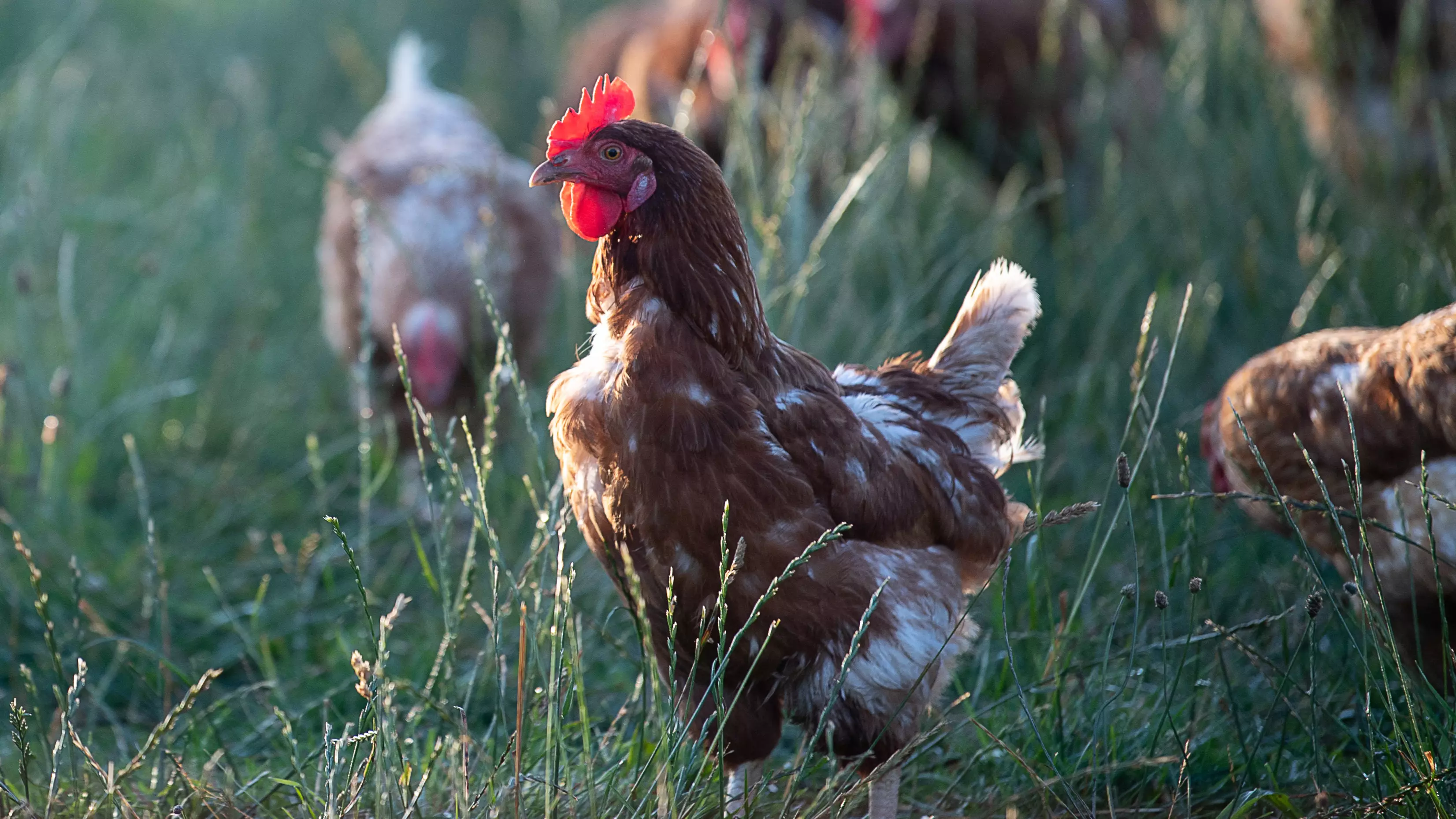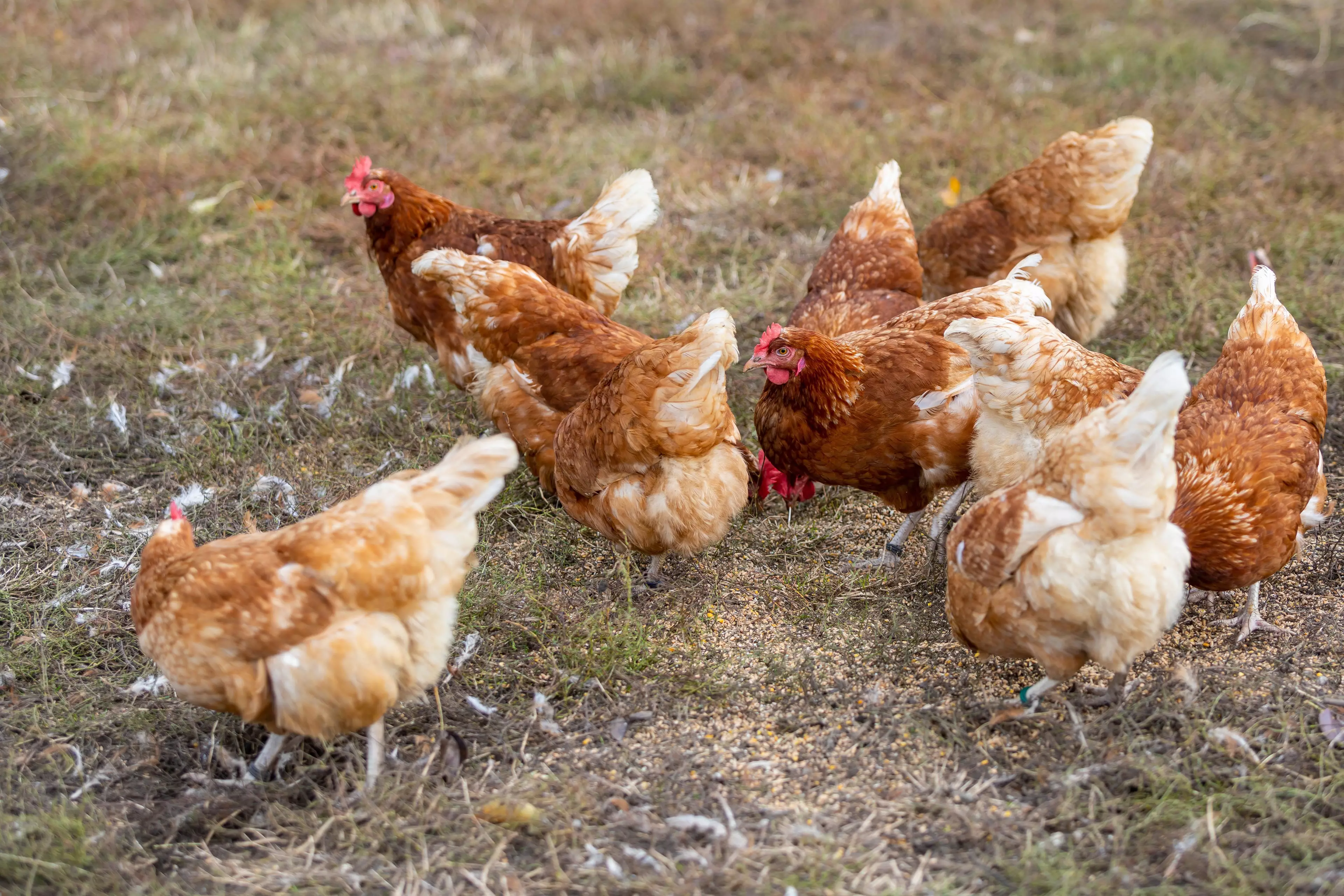
A five kilometre protection zone has been placed around a Victorian farm after a case of bird flu was detected.
Just when you thought 2020 had thrown all it could at people, it shows that it's not even close to being over.
Authorities have revealed that birds and their eggs on the farm near Lethbridge have tested positive for H7N7 avian influenza virus.
Advert
Health officials have thankfully reassured everyone that the bird flu case is currently not posing any danger to the wider public. There's also no risk of people contracting the virus from meat that originated at the farm.

The farm has since been placed into quarantine as workers and biosecurity officers manage the situation.
Victoria's Chief Veterinary Officer Dr Graeme Cooke said in a statement: "All pigeon races, bird shows and bird sales in the areas around the quarantined property should be cancelled. To control the spread of avian influenza, birds on the affected property are being destroyed."
Advert
Bird flu isn't a massive risk to the public as there has to be close contact between humans and sick birds for transmission to happen.
That's not to say it isn't dangerous.

Bird flu, also known as avian influenza, is a type A influenza virus and it can be potentially fatal in humans if they contract it. Research has shown that it is possible to transmit the virus from birds to humans, however there's no evidence that it can be passed from human to human.
Advert
If humans do contract bird flu, they can start showing symptoms similar to the common flu, which progresses to a cough, fever, sore throat, muscle aches, headache and shortness of breath.
It can be fatal in humans if the virus starts to cause eye infections, pneumonia (including viral pneumonia), acute respiratory distress, inflammation of the brain and heart.
The most common strain has killed more than 130 people in
Indonesia, Vietnam, Cambodia, Thailand, Turkey, Azerbaijan, Egypt, China, and Iraq since 2003.